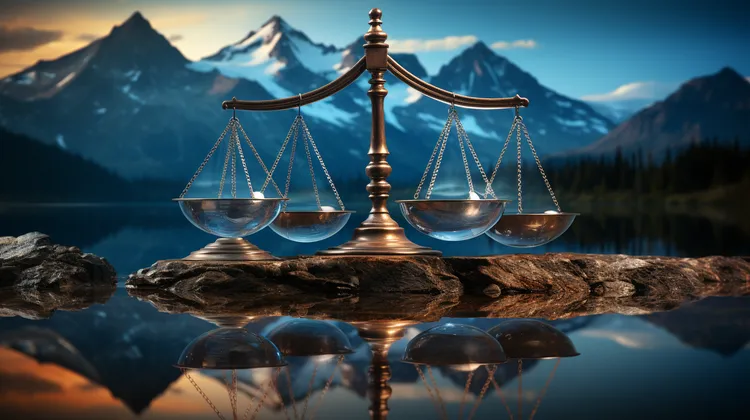
Judge Declares Terraform Labs’ LUNA and MIR Tokens as Securities
In a landmark decision that could reverberate throughout the cryptocurrency industry, a judge has ruled that Terraform Labs’ LUNA and MIR tokens are securities. The ruling came as part of an ongoing legal battle between Terraform Labs, the company behind the tokens, and regulators seeking greater accountability and consumer protection in the rapidly evolving digital assets space.
Terraform Labs, known for its innovative approach to decentralized finance (DeFi), had argued that its tokens were not securities but rather utility tokens that facilitate transactions within its ecosystem. LUNA is used to stabilize the price of its algorithmic stablecoin, TerraUSD (UST), while MIR tokens are associated with Mirror Protocol, a platform that allows the creation of synthetic assets which mirror the price of real-world assets.
The judge’s ruling was grounded in the application of the Howey Test, which originates from a 1946 Supreme Court case and is used to determine whether a financial instrument qualifies as an investment contract. According to this test, a transaction is considered a security if it involves an investment of money in a common enterprise with a reasonable expectation of profits to be derived from the efforts of others.
The case against Terraform Labs hinged on the argument that the sale and distribution of LUNA and MIR tokens satisfied the criteria of the Howey Test. The plaintiffs argued that investors put money into LUNA and MIR with the expectation of earning profits based on the promotional efforts and managerial actions of Terraform Labs. The judge agreed, stating that the company played an essential role in the development, promotion, and governance of the tokens, which directly influenced their value.
The implications of this ruling are significant, as it sets a precedent for how similar tokens may be viewed by the law. Many within the cryptocurrency industry have feared a decision of this nature, concerned that classifying tokens as securities could impose stringent regulations that stifle innovation and growth in the sector.
Securities are subject to federal laws and regulations designed to protect investors and maintain fair, orderly, and efficient markets. These regulations include requirements for registration, disclosure, and the adherence to specific compliance and reporting standards. With the new classification, Terraform Labs will be expected to comply with these regulations, which could involve extensive disclosures about its business operations, financial condition, and risk factors associated with the investment.
Proponents of regulation argue that oversight is required to combat fraud, market manipulation, and to provide transparency to investors about what they are buying into. Critics say that this could pose bureaucratic obstacles that may limit the accessibility and utility of digital assets, especially within the DeFi space where decentralization is a key component.
In the wake of the decision, markets for both LUNA and MIR saw volatile reactions as investors and market participants digested the potential ramifications. Some investors sold off their holdings, fearing the potential legal and regulatory repercussions for Terraform Labs, while others saw the dip as a buying opportunity, believing in the company’s long-term vision.
The Terraform Labs case now opens the door for regulators to take a closer look at other cryptocurrencies and tokens, possibly leading to a wave of new cases seeking to classify digital assets as securities. This could mandate a reevaluation of the industry’s practices and potentially force many projects to either adapt or face legal challenges.
For Terraform Labs, the next steps will involve navigating the legal requirements of operating a platform that offers securities, which may include adjustments to its protocols and business model to ensure compliance. For the broader community of investors, developers, and enthusiasts, the ruling is a stark reminder of the ongoing evolution of the regulatory landscape surrounding digital assets. It underscores the need for the industry to find a balance between innovation and adherence to regulatory requirements that protect stakeholders in this complex and burgeoning field.
While the debate over the proper classification and regulation of cryptocurrencies continues, what remains clear is that decisions like this one from the judge concerning Terraform Labs are part of a growing trend of judicial and regulatory scrutiny in the field. As the crypto sphere matures, more clear guidelines and legal benchmarks are likely to emerge, shaping the future of how digital assets are created, traded, and regulated worldwide.
3 thoughts on “Judge Declares Terraform Labs’ LUNA and MIR Tokens as Securities”
Leave a Reply
You must be logged in to post a comment.
Watch them ruin the DeFi space with over-regulation. Just great.
Finding that bridge between innovation and compliance is key for crypto’s future. Let’s build it!
This is just going to strangle innovation! What happened to crypto freedom? 😤🚫